On July 17, 2025, Tencent Video, the streaming service run by the Chinese tech giant Tencent, launched a new cooking competition reality show titled “Yi Fan Feng Shen” (一饭封神). This announcement has sparked significant controversy due to perceived similarities with Netflix’s popular Korean reality show, “Black and White Chef”.
The Launch of 'Yi Fan Feng Shen'
“Yi Fan Feng Shen” debuted amid growing interest in cooking competition shows in both China and South Korea. The format of the show is designed to engage audiences with innovative culinary challenges and the quest for culinary excellence. However, the timing of its release has raised eyebrows, as it closely follows the production of the second season of “Black and White Chef”, a show that first aired its inaugural season in September 2024.
Netflix's Response to the Controversy
In light of the situation, a representative from Netflix addressed the concerns reported by Ilgan Sports on July 23, 2025. The representative confirmed that Netflix has not sold the rights for “Black and White Chef” to China and emphasized that they are currently discussing how to respond to the emergence of “Yi Fan Feng Shen”. This statement underscores the growing tension over intellectual property and format copying in the entertainment industry.
Implications for Intellectual Property
The controversy highlights critical issues surrounding intellectual property rights in the reality television sector. Industry experts argue that format copying can undermine original creators’ efforts and diminish the uniqueness of regional productions. Fans of both shows have expressed their concerns on social media, with many calling for stricter regulations to protect creative content.
Fan Reactions and Future Considerations
Reactions from fans have been varied. Some viewers are excited about the competition between the two shows, believing it will elevate the quality of programming. Others, however, worry that the similarities may dilute the appeal of both series. As the situation unfolds, it remains to be seen how both Tencent and Netflix will navigate the complexities of this controversy and what it means for the future of reality television in the region.
As the entertainment landscape continues to evolve, the outcome of this dispute could set significant precedents for how content creators protect their intellectual property and how audiences engage with new formats.
This article has been written by Kpopmap AI writer and while we have made efforts to ensure the accuracy of the article, there may be errors or inaccuracies.
 1 month ago
73
1 month ago
73
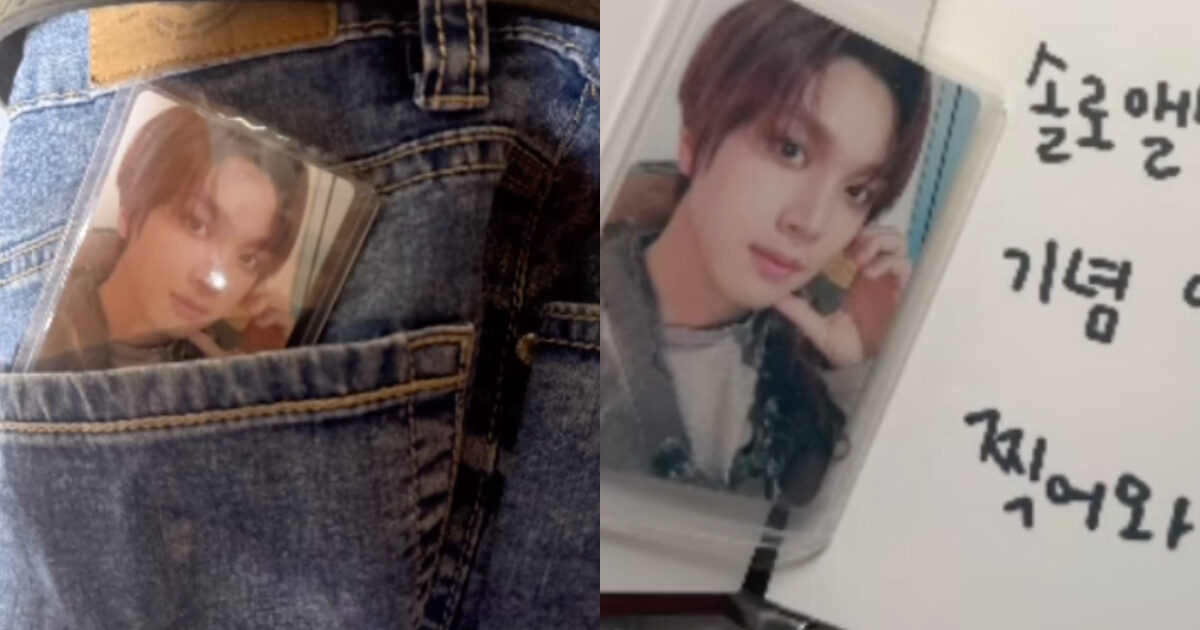

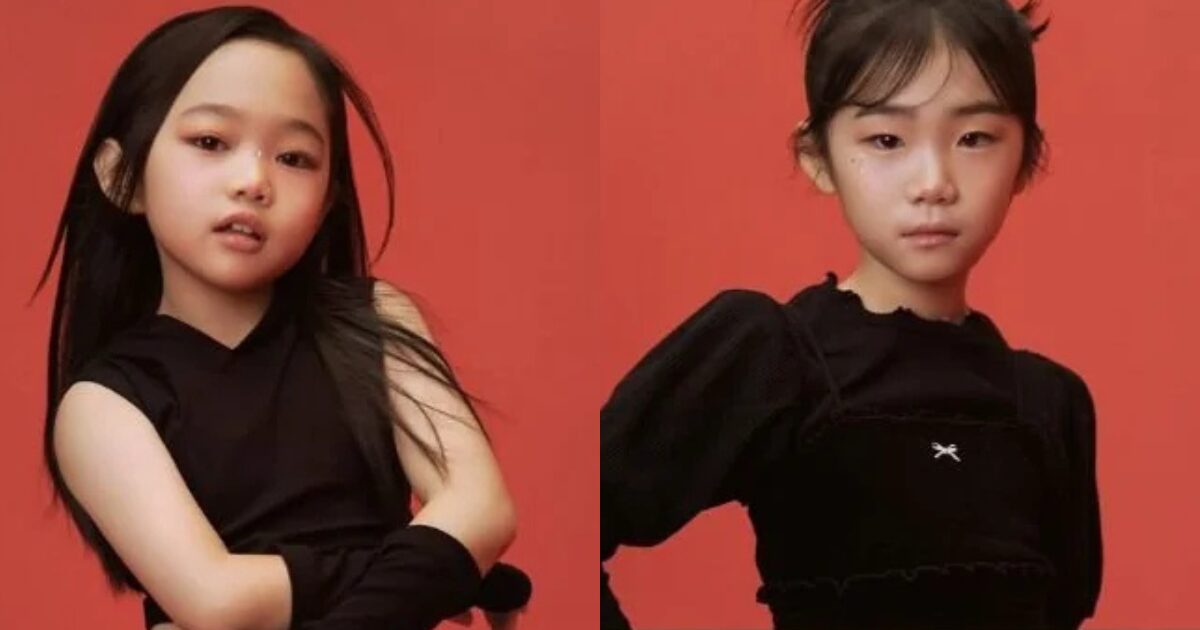



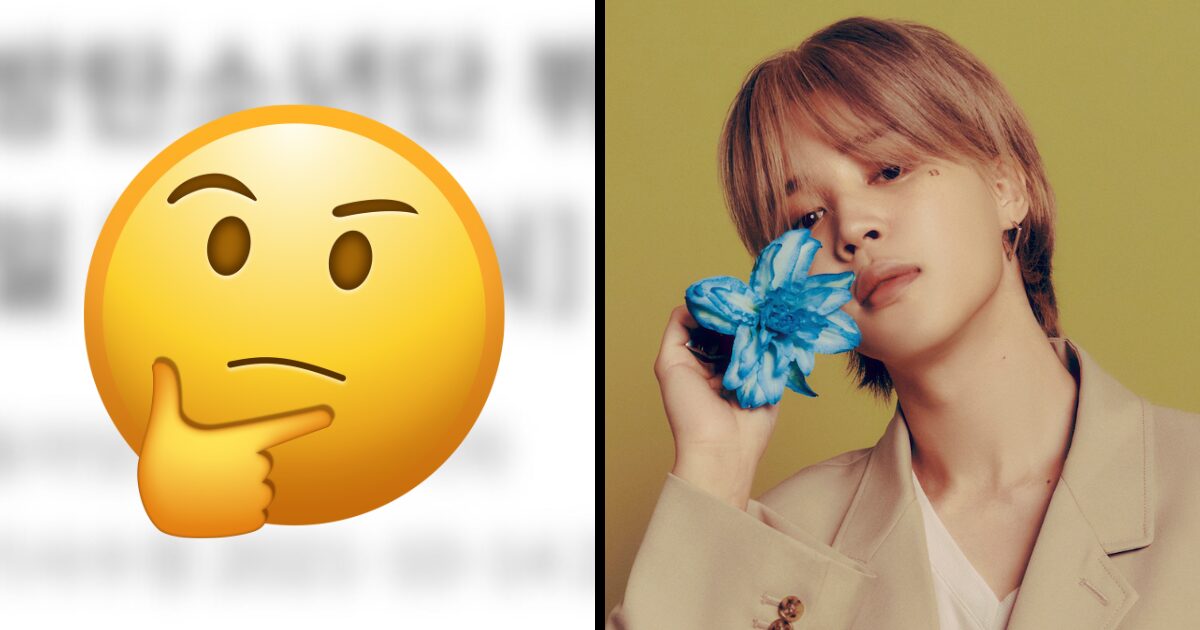

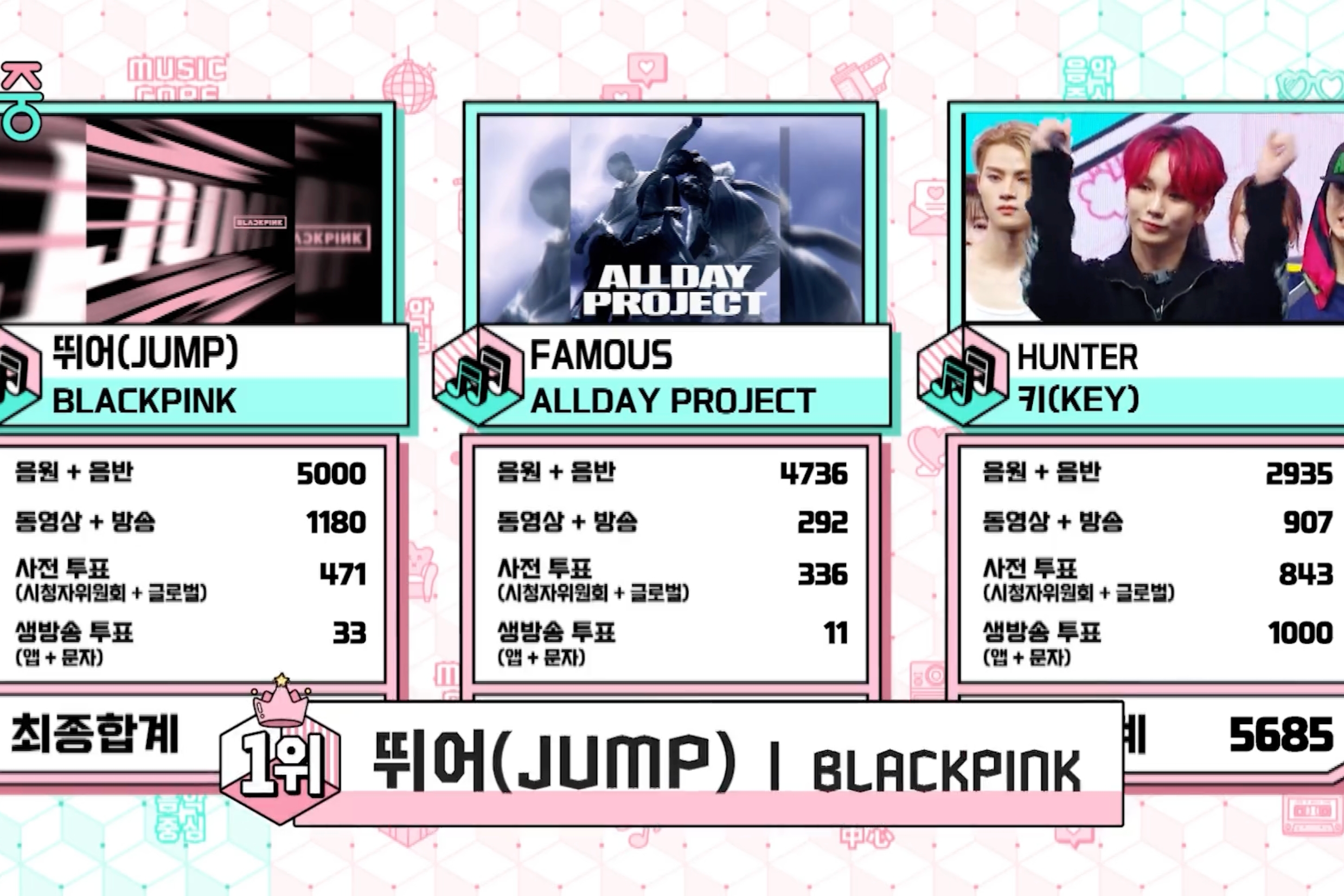
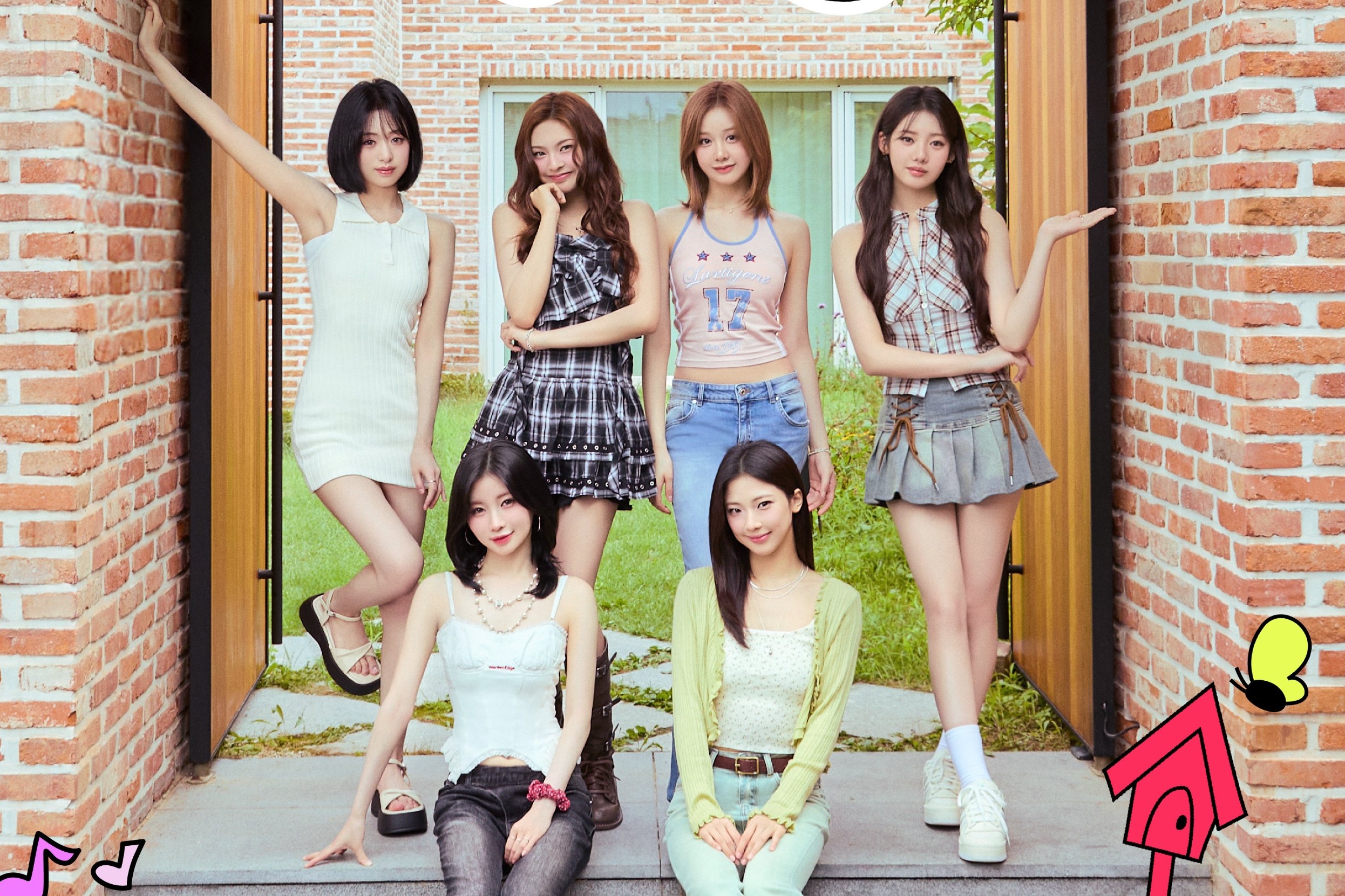
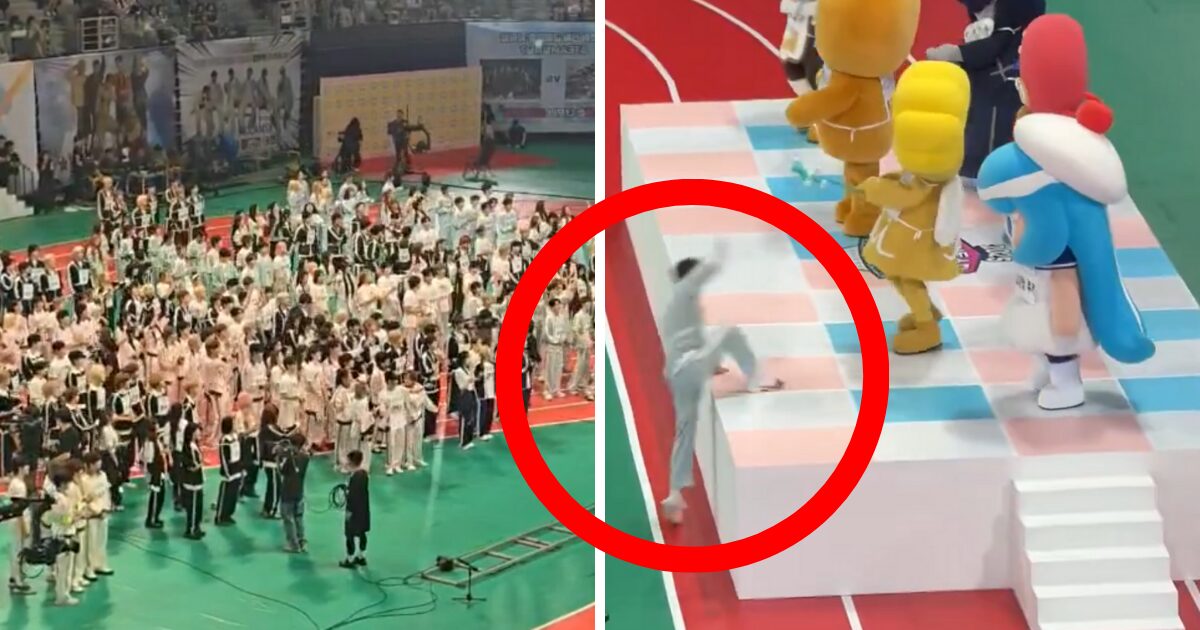
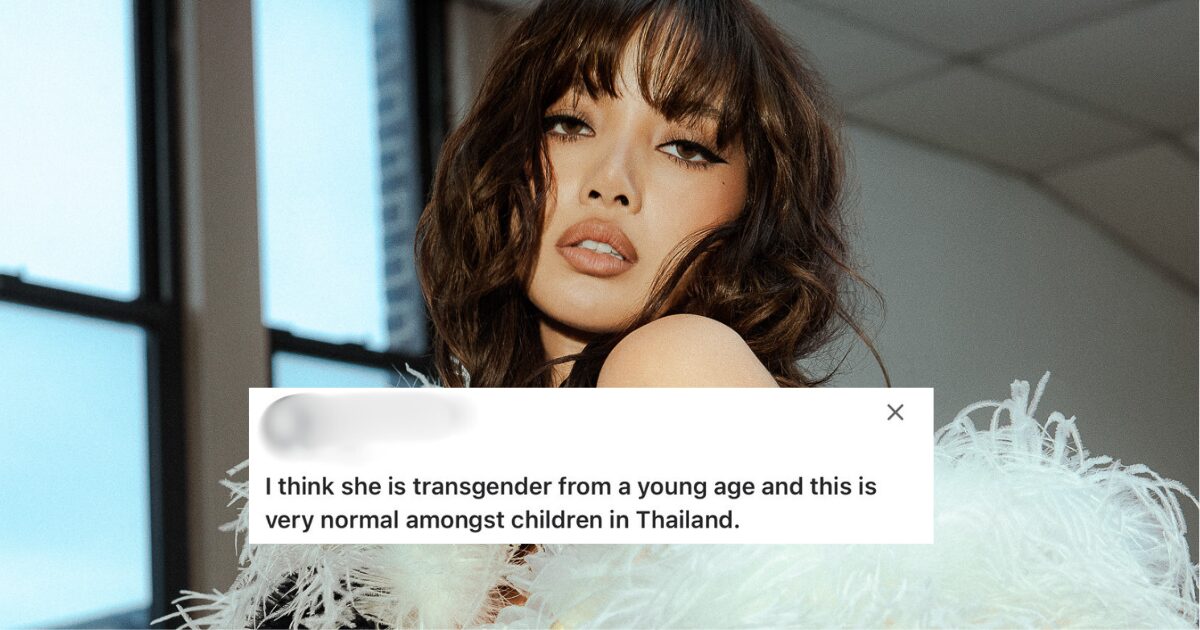

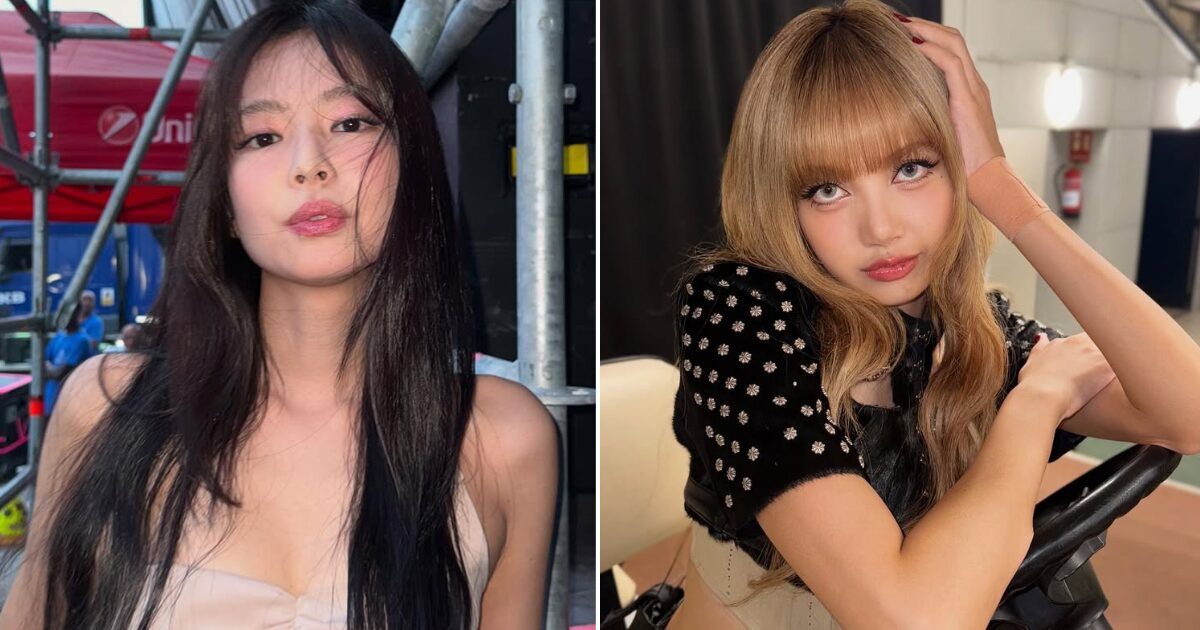
 English (US) ·
English (US) ·